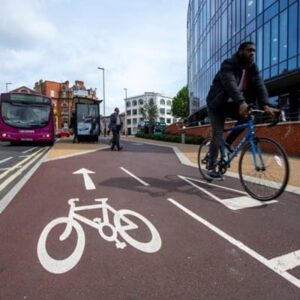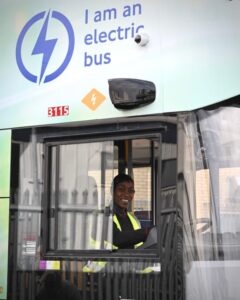English city regions are on track to receive nearly £7bn to improve public transport in this week’s Budget,
Chancellor Rishi Sunak will commit £6.9bn towards train, tram, bus and cycle projects when he sets out his spending plans on Wednesday.
Greater Manchester, the West Midlands and West Yorkshire are among the regions that will benefit, reports the BBC.
Areas set to receive funding according to the BBC include:
- Greater Manchester (£1.07bn): For next generation Metrolink tram-train vehicles; new bus corridors at Bury and Ashton-under-Lyne
- West Midlands (£1.05bn): For projects including Metro extension, including the completion of the Wednesbury to Brierley Hill extension
- West Yorkshire (£830m): Extending the West Bradford-Cycle Superhighway and installing electric vehicle charging stations in Kirklees neighbourhoods
- Liverpool City region (£710m): For new and renovated stations in Liverpool and Runcorn as well as an interchange project at St Helens
- South Yorkshire (£570m): Starting a Supertram renewal project and installing a “Dutch-style” roundabout in Barnsley town centre
- West of England (£540m): A fully prioritised bus route between Bristol and Bath
- Tees Valley (£310m): Upgrading Darlington and Middlesbrough train stations, and improving rail links in the region
Mr Sunak said: “There is no reason why somebody working in the North and Midlands should have to wait several times longer for their bus or train to arrive in the morning compared to a commuter in the capital.
“This transport revolution will help redress that imbalance as we modernise our local transport networks so they are fit for our great cities and those people who live and work in them.”
Scotland, Wales and Northern Ireland will also receive extra funding through the Barnett formula – a mechanism the UK government uses to allocate additional money to the devolved nations when it spends more in England.
The £5.7bn is a five-year settlement, and has been increased from the initial £4.2bn proposed, the Treasury said.
The £1.2bn of funding to make bus services cheaper and more frequent is part of £3bn that Prime Minister Boris Johnson committed to spending on a “bus revolution” in March.
























